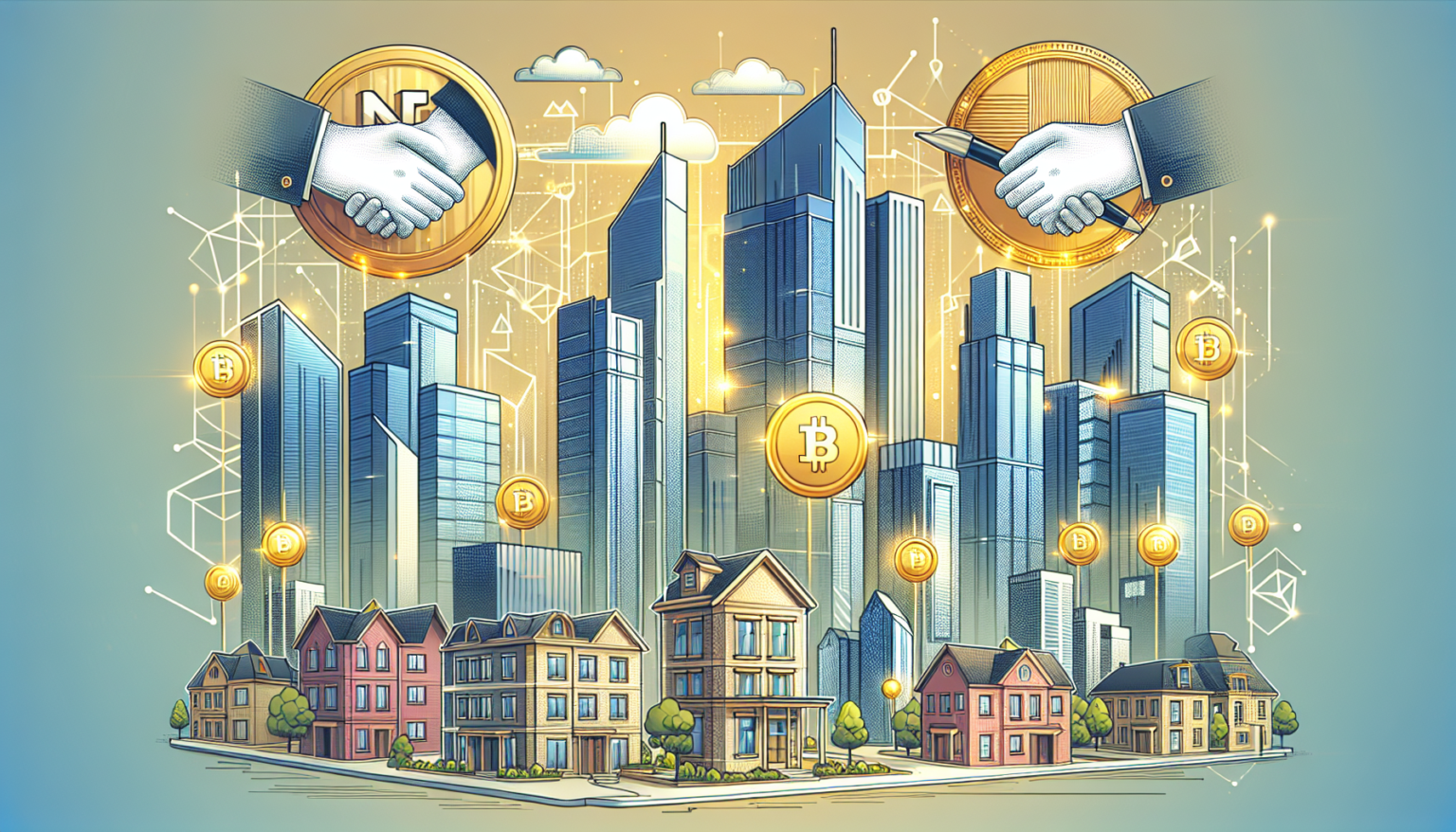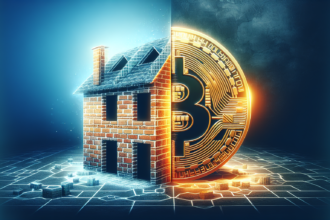Examining the Popularity of NFTs in Real Estate Sales
Understanding NFTs
Non-fungible tokens (NFTs) are unique digital assets verified using blockchain technology. Unlike cryptocurrencies like Bitcoin, which are fungible and can be exchanged for one another, NFTs represent ownership of specific items, including digital art, music, and even real estate. This uniqueness and verifiable ownership have captured the interest of various industries, including real estate.
The Rise of NFTs in Real Estate
The intersection of NFTs and real estate signifies a paradigm shift in property transactions. As technology evolves, the real estate sector recognizes NFTs as a potent tool to enhance transparency, reduce fraud, and streamline the buying and selling process. With a growing number of transactions digitized, the allure of NFTs in real estate continues to expand.
Benefits of Using NFTs in Real Estate
1. Ownership Verification
One of the most prominent advantages of NFTs in real estate is their ability to confirm ownership. Traditional property transactions often involve extensive paperwork and title searches to prove ownership. NFT technology provides an indelible record on the blockchain, simplifying and speeding up this process.
2. Fractional Ownership
NFTs allow for fractional ownership, enabling multiple individuals to invest in high-value properties. This democratization of real estate investment opens the door for smaller investors, allowing even those with limited resources to enter the market. The group ownership model fosters shared responsibilities while enhancing accessibility.
3. Smart Contracts
NFTs can employ smart contracts, automating various aspects of real estate transactions. These programmable contracts can handle transaction terms, ensuring compliance. For instance, conditions regarding the transfer of funds and ownership can be pre-defined, leading to faster and more secure transactions.
4. Transparency and Security
Blockchain technology enhances transparency in real estate sales. Each transaction is recorded on a public ledger, allowing potential buyers to trace the history and lineage of ownership. This level of transparency helps minimize fraud and ensures that all parties have access to the same information.
Current Use Cases of NFTs in Real Estate
Numerous examples illustrate how NFTs are revolutionizing real estate sales:
1. Virtual Real Estate
The metaverse has burgeoned as a significant marketplace for virtual real estate. Platforms like Decentraland and Cryptovoxels allow users to buy, sell, and trade virtual plots through NFTs. These digital assets, sold for substantial sums, reflect the increasing demand for online spaces intertwined with social and economic interactions.
2. Tokenizing Physical Properties
Companies are exploring the tokenization of physical properties. Real estate firms are converting properties into NFTs, making it easier for buyers to acquire shares of physical real estate. For instance, a luxury apartment could be sold as an NFT, allowing multiple buyers to own a fraction of the estate.
3. Streamlining Title Transfers
The NFT model optimizes title transfers by embedding crucial information within the token itself. This shift minimizes the cumbersome title search process, ensuring more reliable and quicker transactions.
Challenges to Adoption
Despite the numerous benefits, several challenges hinder the mainstream adoption of NFTs in the real estate sector.
1. Regulatory Uncertainty
The regulatory environment surrounding NFTs remains ambiguous. Legal frameworks for property transactions involving NFTs are still evolving. Investors and buyers may feel apprehensive due to these uncertainties, potentially stalling adoption.
2. Market Volatility
The NFT market has experienced significant price fluctuations, raising concerns about stability. Real estate is traditionally viewed as a stable investment. Hence, the fluctuating value of NFTs could deter investors looking for reliable returns.
3. Lack of Understanding
As a relatively new technological innovation, NFTs require a certain level of understanding that many traditional real estate professionals may lack. This knowledge gap poses a barrier to entry for real estate firms wanting to integrate NFTs into their transactions.
The Role of Real Estate Companies
Real estate firms are increasingly recognizing the potential of NFTs. Innovative companies are launching platforms specifically designed for NFT real estate transactions, providing educational resources and support for investors. By creating seamless experiences for buying and selling real estate NFTs, these companies are bridging the gap between traditional real estate and digital innovation.
Enhancing Marketing Strategies
Real estate agents and companies can leverage NFTs as part of their marketing strategies. Unique digital representations of properties can attract tech-savvy buyers and investors, especially when combined with virtual tours and augmented reality demonstrations. By integrating NFTs creatively into marketing efforts, real estate professionals can elevate their brand and reach new audiences.
Global Impact
NFTs in real estate are not confined to a single market; they possess global implications. International investors can easily purchase tokenized properties, transcending borders and simplifying global real estate investments. The ability to reach a broader audience positions NFTs as a transformative tool for global real estate transactions.
Future Trends
As technology advances and regulatory frameworks evolve, the use of NFTs in real estate is likely to expand further. Future trends may include increased integration of augmented and virtual reality within NFT platforms, allowing potential buyers to experience properties in immersive environments before purchasing.
Moreover, partnerships between real estate firms and technology companies will likely emerge to streamline processes, enhance security, and educate the market about the advantages of NFTs. Increased acceptance by traditional investors could further whip up competition in this space.
The Cultural Shift
The rise of NFTs in real estate signals a broader cultural shift toward digitalization and technology adoption in various sectors. As society leans more into digital identities and transactions, embracing innovations like NFTs may not just become beneficial but necessary for survival in a rapidly transforming marketplace.
1. Generation Z and Millennials
As younger generations enter the real estate market, their inherent comfort with technology and digital assets makes NFTs an appealing option. The trends towards tech-heavy transactions align with the preferences of these demographics—showing a willingness for change and new methodologies.
2. Sustainability Initiatives
Environmental and sustainability concerns are increasingly shaping real estate investments. NFTs can potentially incorporate environmental data and sustainability metrics into property deals, appealing to eco-conscious investors looking to align their investment choices with personal values.
Conclusion
The growing popularity of NFTs in real estate sales represents a marriage of technology and traditional investment. NFT adoption promises not only to simplify processes but also to democratize access to real estate markets by allowing fractional ownership and transparency.
As actors in the real estate space continue to innovate and educate, the full potential of NFTs will increasingly come to light, redefining property ownership in the digital age. The journey ahead is poised to be filled with promising developments, challenges, and transformative changes that will shape the future of real estate.

















